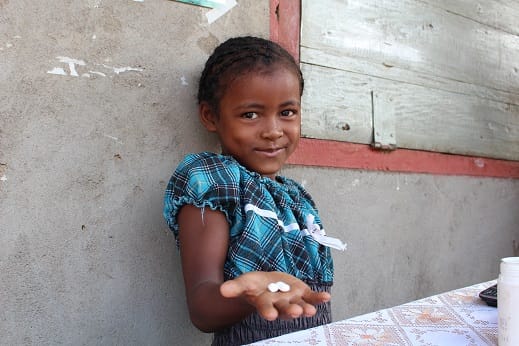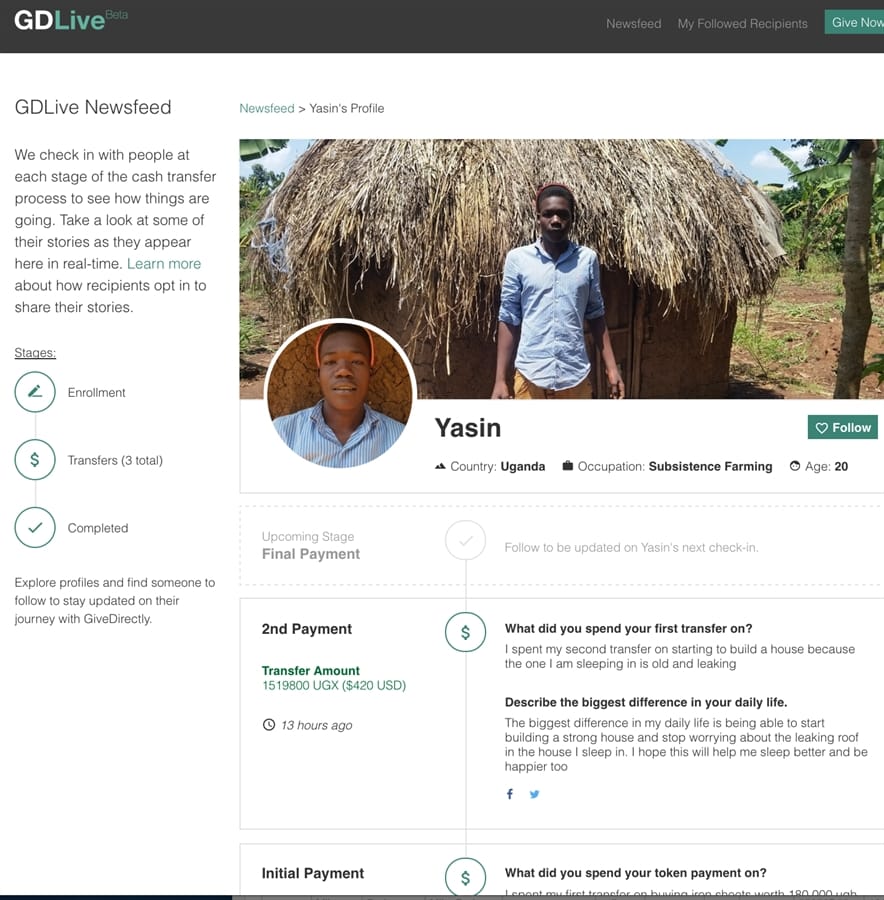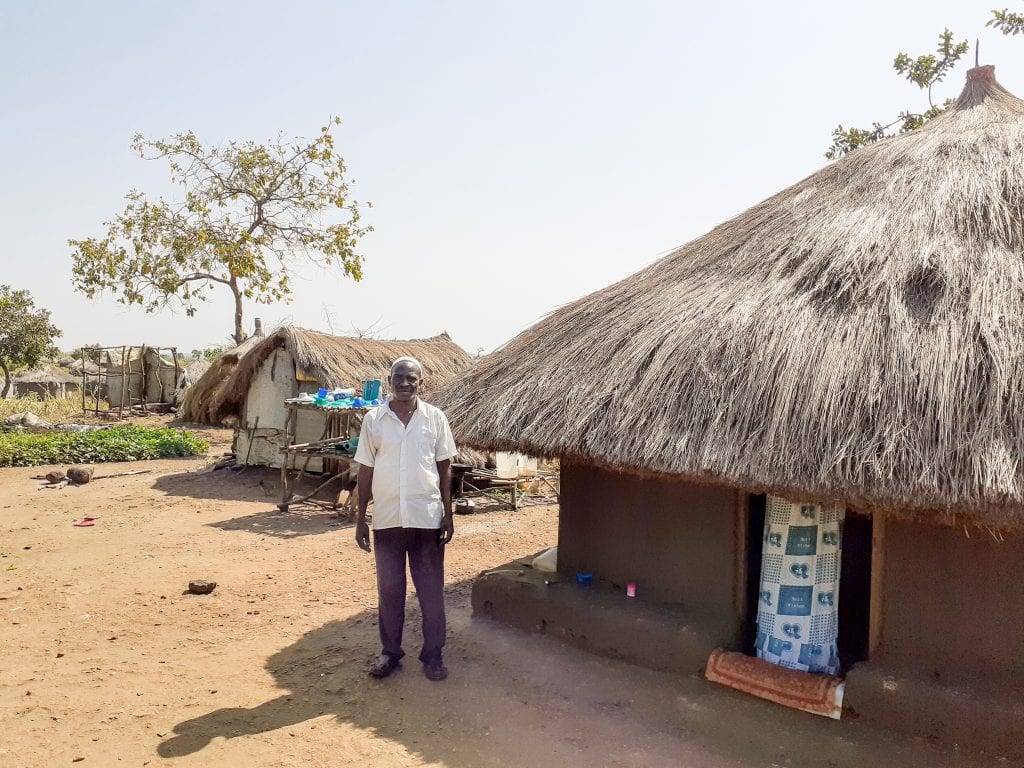A fond farewell and thanks to Dr. Alan Fenwick
Professor Fenwick convinced the Bill & Melinda Gates Foundation of the plausibility of his vision, securing the second grant they ever made, and established the Schistosomiasis Control Initiative(SCI) at Imperial College London in 2002. The SCI had a single objective, to prove that it was possible to develop and deliver a schistosomiasis control programme at a national scale, that was replicable across sub Saharan Africa.
By 2008, Professor Fenwick and his impressive team had helped establish national schistosomiasis control programmes in 6 divergent countries, 3 Anglophone countries in east Africa and 3 Francophone countries in West Africa. Because the Ministries of Health across Africa could not afford do purchase praziquantel (the medication to treat schistosomiasis, Dr. Fenwick went on to see that the drug was available at reduced cost or free. In 2010, his resolve bore fruit with the announcement by Merck KGaA of an annual donation programme of 200 million tablets.
Dr Wendy Harrison will succeed Professor Fenwick as the CEO of SCI, with Professor Fenwick continuing his advocacy work for the organisation and the wider neglected tropical diseases community.
Read more about Professor Fenwick career and accomplishments here.
SCI is pleased to receive an excellent A+ rating from the UK government’s Department for International Development (DFID) for a second year.
Along with the Centre for Neglected Tropical Diseases Liverpool, SCI have received funding from the DFID ICOSA (Integrated Control of Schistosomiasis and Intestinal Helminths in Sub Saharan Africa) project since 2010. As part of this funding, DFID conduct rigorous annual reviews of SCI activities in the 10 countries supported through the project, to develop its rating. Key SCI activities assessed include monitoring and evaluation of programmes, treatment coverage and cost per treatment achieved. Of note this year was a demonstrated increased effort to achieve greater treatment coverage of non-enrolled school-age children, which was a concern in previous evaluations. As part of the review, DFID also provide an overall risk assessment for the programmes. This year, it has been confirmed as “Minor”, which is an excellent score.
The full review, including recommendations, will be published by DFID in the coming weeks and will be available here.
Reductions in schistosomiasis prevalence
SCI are delighted to report reductions in prevalence (proportion of individuals in a population infected) for both urinary and intestinal schistosomiasis (SCH) in follow-up surveys of school-age children (SAC), for the majority of countries with survey data available.*
In representative samples, prevalence reductions of up to 45 percentage points for both SCH species are observed following one treatment round (“Follow-up” in the graphs below) and overall prevalence in the majority of countries fell below 10% following at least two rounds of treatment.
These data demonstrate that mass drug administration (MDA) programmes (the treatment of an entire population of SAC in a geographic area) are not only achieving great prevalence reductions of SCH, but that this impact can be observed very quickly in many countries.

Prevalence reductions of SCH are generally greatest in pre-ICOSA (Integrated Control of Schistosomiasis in Sub-Saharan Africa) surveys where the starting prevalence is also higher, as SCI work was focused in the areas of greatest need. As the programmes have expanded to treat whole countries, there has been a corresponding decrease in initial average prevalence (as areas with lower levels of disease have also been incorporated). There are endemic areas where a decrease in prevalence is not seen and SCI works with its in-country partners at the Ministry of Health to develop a more comprehensive understanding of SCH transmission in those areas and determine appropriate control solutions.
* Data is not yet fully available in some countries where programmes have only recently started.






